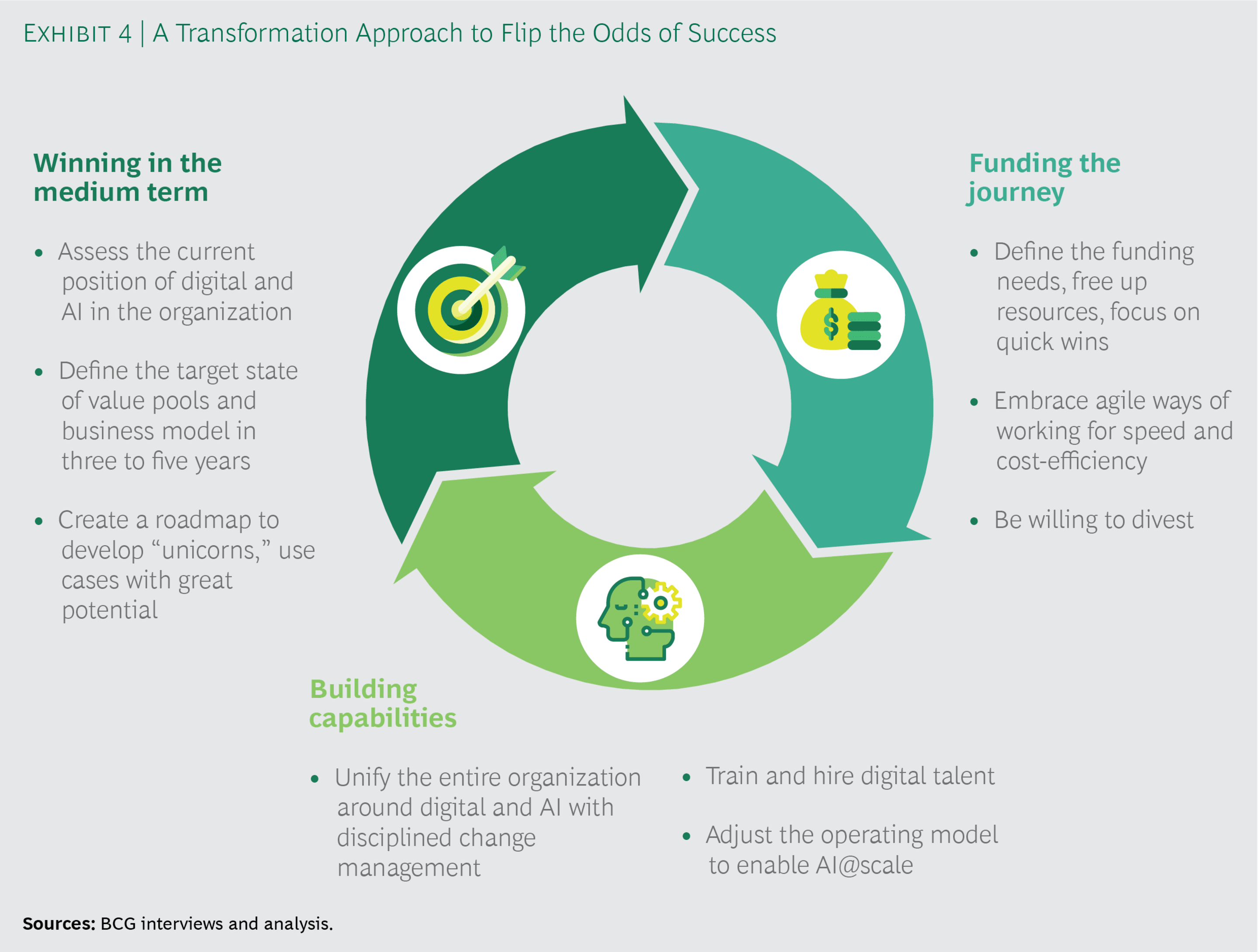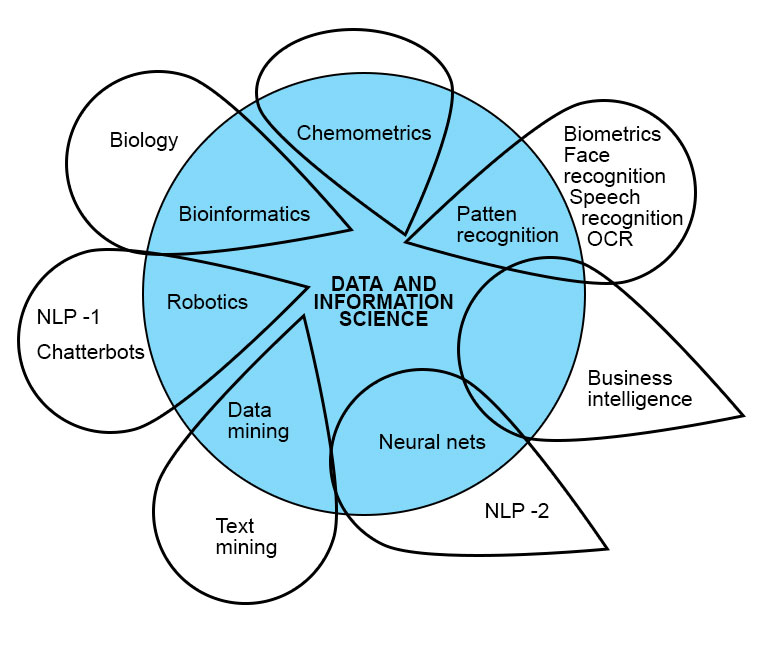AI Transformation: Here's What It Actually Means for a Company
Remember when, during the 2017 crypto-craze, a beverage company renamed itself "Long Blockchain" and saw its stock price quintuple?
Today, much like back then, you'd be hard-pressed to find a company that isn't shouting from the rooftops about adopting the transformative technology du jour, i.e., artificial intelligence.
Those building AI tools and hardware are basking in investor and media attention, whereas those using them are quick to boast about driving evolution, optimization, and productivity through cutting-edge technology.

In terms of impact on business and the world at large, AI is in a category of its own. Its seismic potential is nearly incomprehensible, with some drawing parallels to the advent of the internet. But it's precisely this fact that's triggering 2017 flashbacks. How can every company suddenly be "AI-driven" in a chaotic landscape where new tools and new versions are being released every day, current tools exhibit serious flaws, and nobody knows what tomorrow will look like?
Are companies really systematically integrating AI into their products and processes? Or is it enough for Bob from HR to generate generic job descriptions with GPT-3 for the company to lay claim to being "AI-driven"?

While, unfortunately, I’m certain the latter is widespread, my interest lies with the former. Namely, what are the defining aspects of companies going all in on AI and how can we distinguish them from those just coasting on the hype?
Interview with Philipp Muehlbauer, CEO of German POD startup merchOne
To find out, I caught up with Philipp Muehlbauer, CEO of German POD startup merchOne — one such self-proclaimed AI-driven company. Philipp shared how AI has been integrated into merchOne’s processes and products, highlighting five elements that have been foundational to the company’s AI transformation.
1. Understanding the technology and recognizing its potential
AI isn’t a passing fad, nor is it a single tool — it’s a transformative technology.
Even if we confine ourselves to ChatGPT and its many wrappers, AI’s capabilities are extremely broad. You can digitize and automate processes that you couldn’t before. Anyone can analyze massive quantities of data in moments. Tasks that took weeks can now be completed in hours.

At the same time, dozens of AI tools targeting and automating specific use cases are coming out every day. “In the last 18 months, everyone has realized that what we believed about AI until then is nothing compared to what we should expect,” says Philipp.
Equating AI to any single tool or use case is myopic. For any company, recognizing AI’s transformative potential is the first step to embracing it and kicking off a new way of working.
2. Undergoing comprehensive transformation
With its many applications, AI can permeate every facet of a company, including its product offerings.
For example, merchOne’s AI strategy is based on three pillars:
- People — Influencing the organization to get everyone to harness the power of AI (e.g., 1-on-1 coaching on AI use)
- Product — Constantly reflecting what AI changes in their life as a company (e.g., developing new products)
- Process — Leveling up business processes to better serve customers (e.g., analyzing thousands of reviews to find and respond to pain points)

Of course, you need a North Star, and Philipp suggests customer satisfaction, as “ultimately, the customer needs to benefit all along the way, be it better customer service, smoother interactions with the company, or a better product.”










